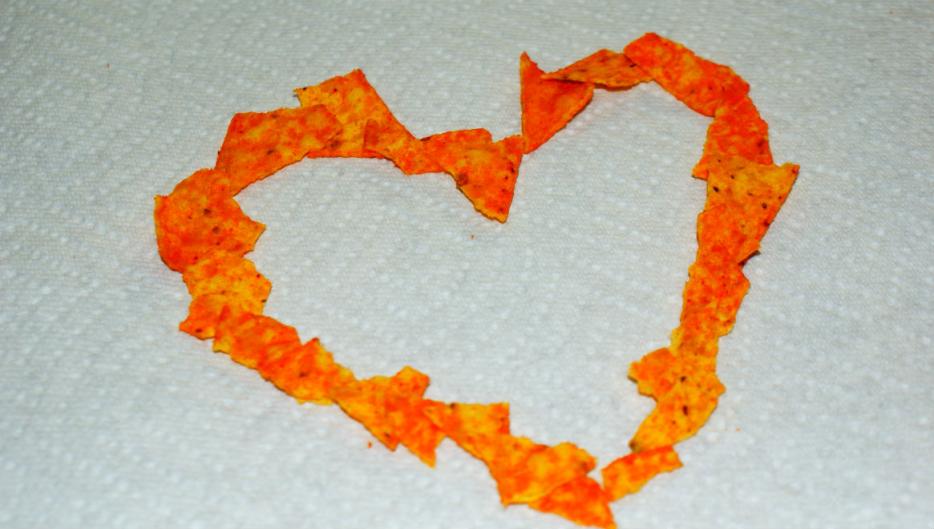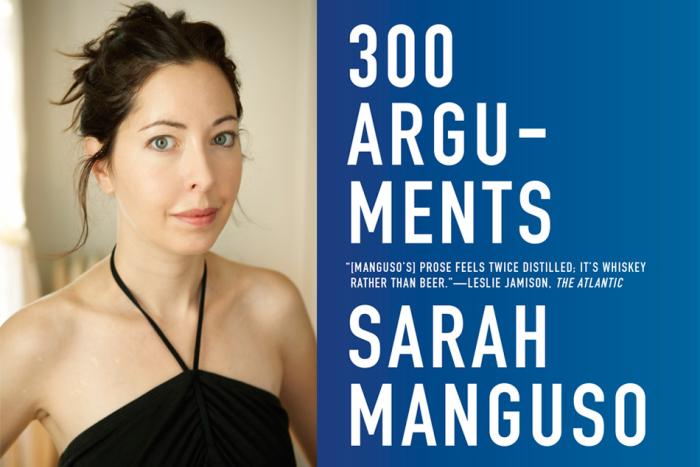My task here today is to explain a fundamental distinction. I am writing about the difference between bad lyrics and stupid lyrics.
It’s understandable enough to ask why I’m doing such a thing. Believe me: I share your concern. Many matters of incomparably greater consequence hang in the air. I know who the President of America is. The ocean becomes acidic. Robots are increasingly outpacing humans. Things are going on out there.
But, unfortunately, if the apocalypse occurs, I will still have a mind to witness it—a mind structured by my favourite songs, my favourite books. The words I’ve heard yelled in the street. As a sixteen-year-old Radiohead fan, my failure in gym class was lived in light of the lyrics “I’ve given all I can, it’s not enough.” As a twenty-seven-year-old Kendrick fan, my gross longing for mere gain made me recall the words “motherfucker you can live at the mall.” The words I love most form riverbeds in my mind where the world is received.
But memorability doesn’t always require profundity. Sentiments can stick in a head by virtue of irritating it. Many phrases that come to mind aren’t shining moments of authorial competence: many are bad or stupid lyrics.
Both bad lyrics and stupid lyrics are failures of erudition. There are many elegant ways to describe life on earth—neither are that. But, while the stupid lyric is a vital form of poetry that, through ineptitude, captures the clumsy sloshing of human life, bad lyrics are revolting attempts at conveying overwrought pseudo-insights. Stupid lyrics are good for you. Bad lyrics are just bad.
*
Bad lyrics, primarily, are inedible attempts at the indelible. They’re the greasy salesperson on commission trying to be your friend in the showroom. They’re a fortune cookie written by the worst kind of grad student. Bad lyrics are what you write when you think you’re Leonard Cohen, but you’re actually a Dorito.
Let’s examine the worst bad lyric I’ve ever heard, a line from “Girl on the Wing,” a song by the Shins: “You're the girl on the wing of a barnstormer / The tidal rabbit who came of age before her time. “
What the fuck is this? Well, it’s a clumsy attempt at high poetry: a poorly-made obfuscation of almost nothing. As far as I can tell, this lyric, paraphrased, is: “You’re young and hot.” This is fine. This is a worthy subject, about which basically everything has been written. From the "Song of Solomon," the lovely “Let him kiss me with the kisses of his mouth.” From Toni Basil, the perfect “You’re so fine you blow my mind, hey Mickey!”
But this Shins lyric is the garbled thought of a self-conscious creep. The apparent motive behind writing in such a fashion is that being attracted to a young woman isn’t proper without a bunch of fancy words. So, you put her “on the wing of a barnstormer.” She’s not only sexy, but she’s perched on a small-town political campaign! “The tidal rabbit who came of age before her time.” Oh, okay, so she’s not only gorgeous: she’s a rabbit. Nice!
This is an example of a terrible writerly habit—thinking that word power ennobles a particular sentiment. This is also a habit of personality: thinking that you’re better than other people because you can describe your basic urges more elaborately (or more obscurely). This is the same habit that drives dudes to write incredibly florid OKCupid messages, hoping that the word “verdant” will get them laid. (And it’s all the more galling to me because I wrote messages like this when I was a younger, worse person. I also wrote lyrics like this during my mercifully brief flirtation with songwriting.)
It’s totally possible that this lyric wasn’t the product of the amount of thought I’m putting into trashing it. Maybe it was, like many lyrics, written in the studio at the very last minute. Nevertheless, it betrays an instinct I really don’t like.
This is what marks a lot of bad lyrics: the attempt to be lofty by wrapping random sentiments around the obvious. I prefer just the obvious. Another example, from John Cale’s song “Dying on the Vine”: “Smelling like an old adobe woman / Or a William Burroughs playing for lost time.” Does… does someone have a specific smell when they’re playing for lost time? This is two similes, one slightly outlandish, apparently chosen for its worldliness (adobe woman) and one nonsensical, apparently chosen for its literary cred (Burroughs). One or the other would be interesting. Both together make a showy flight of fancy that doesn’t serve any emotional or expositional goal. And this is really unfortunate, because the song is otherwise fantastic. Its chorus starts with the tremendous lyric, “I was thinking about my mother / I was thinking about what’s mine.” That’s a perfect understatement. There’s years of desperation in those twelve words.
This kind of loftiness is sometimes magnified by over-dependence on the rhyme. That’s understandable enough: rhyming is easy, but earning a rhyme is hard. Joanna Newsom, who is frequently amazing, writes this stinker from “Only Skin”: “Scrape your knee it’s only skin / makes the sound of violins.” The image of a knee-scrape is poignant enough—recalling the clumsiness of childhood and the sheen of raw epidermis. Violins are also nice. But clump them together and you’ve got a lilac drowned in Courvoisier—two evocative elements that disimprove each other.
Probably the single-most reliable source of bad lyrics is the Decemberists’ Colin Meloy, because he tries so hard, so often, to be poetic—refined, and high-toned. Let’s give him credit. Sometimes he succeeds: in “The Engine Driver,” he sings, “I’m a writer, a writer of fiction, I am the heart that you call home.” Top shelf. But then, in “We Both Go Down Together,” he sings, “Meet me on my vast veranda / My sweet, untouched Miranda.”
Why is her name Miranda? Because there’s a veranda. Why is there a veranda? Because, like, it’s majestic, or something. Meloy’s character has to screw a virgin in alfresco Cinemascope with a three-syllable rhyme. Just get a room.
At this point you’re probably getting a sense of what I mean. But while we’re at it, I’ll throw in another particularly powerful example, from Bon Iver’s “Flume”: “Only love is all maroon.” This lyric has taken on a truly epic task: describing love itself. And it completes that task nonsensically: love is maroon. Moreover, it says that love is the only thing that’s all maroon. It’s a large, painterly, ridiculous statement. It’s the very essence of a bad lyric: a treacly, frivolous phrase that declares its own impeccable grandeur.
*
Enough swimming in this mud. Let’s move on from the bad to the stupid. Stupid lyrics are an unexpected moment of eloquence from a concussed person. They’re an emotionally resonant thought that’s too dumb to say out loud. They’re the lyrical equivalent of sweet baby-talk or despairing mumbles.
Here’s one of my favourites, from Interpol’s “Obstacle 1”: “Her stories are boring and stuff / she’s always calling my bluff.” This is really not a good lyric. The rhyme is incredibly simplistic: “and stuff” and “my bluff” are non-specific words, not especially evocative, obviously chosen only for syllabic content. But it’s like something a nervous rapper at the end of her rope would throw into a freestyle. It’s a Mad-Lib. It feels like an unplanned confession. And it describes something real and painful: a dull person who sees right through your bullshit.
Ariana Grande’s “Into You” contains my favourite dumb lyric of last year: “A little less conversation / and a little more touch my body.” You know how porno dirty talk always sounds a little awkward? How sexts are always a little embarrassing? This is that. The puerility is vulnerability. It feels accurate. There’s no veranda—this is happening in a room that smells like rum and body odour.
Bob Dylan loves dumb lyrics: one of his main literary tricks, and it’s a good one, is writing vivid images that turn into total applesauce. From “Visions of Johanna”: “The fiddler, he now steps to the road / He writes everything's been returned which was owed / On the back of the fish truck that loads / While my conscience explodes.” The deliberate overextension of the rhyme and the goofy image of the fish truck transforms the scene into a bizarre metafictional Japanese game show.
Whereas truly great lyrics are a perfectly plated salad, stupid lyrics are a five-dollar burger leaking grease. Stupid lyrics spill their drink on you. No great lyric has the immediacy of EMA’s “Fuck California / You made me boring / I bled all my blood out / But these red pants / They don't show that.” Similarly stupid is this Stevie Wonder line from “Isn’t She Lovely”: “I never thought through love we'd be / Making one as lovely as she.” Stevie loves that love made more love. It’s not exactly Yeats. But in some ways, it’s kind of better.
Don’t get me wrong. We need great lyrics. (We do not need bad lyrics—bad lyrics can drown in banana medicine.) Great lyrics are for weddings and epigraphs. I’ll always recall David Berman’s sparkling one-liners, such as “the alleys are the footnotes of the avenues.” That’s as pretty as anything.
But I’m not as pretty as anything. Neither are most things I’ll ever do. Many of my conversations will contain stammering and casual lies made out of laziness. Much of the food I cook will be clammy or overdone. I absolutely will pick at my zits until they resemble military mishaps.
Great lyrics describe my life as I might imagine it. Stupid lyrics describe my life.






